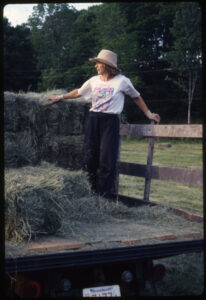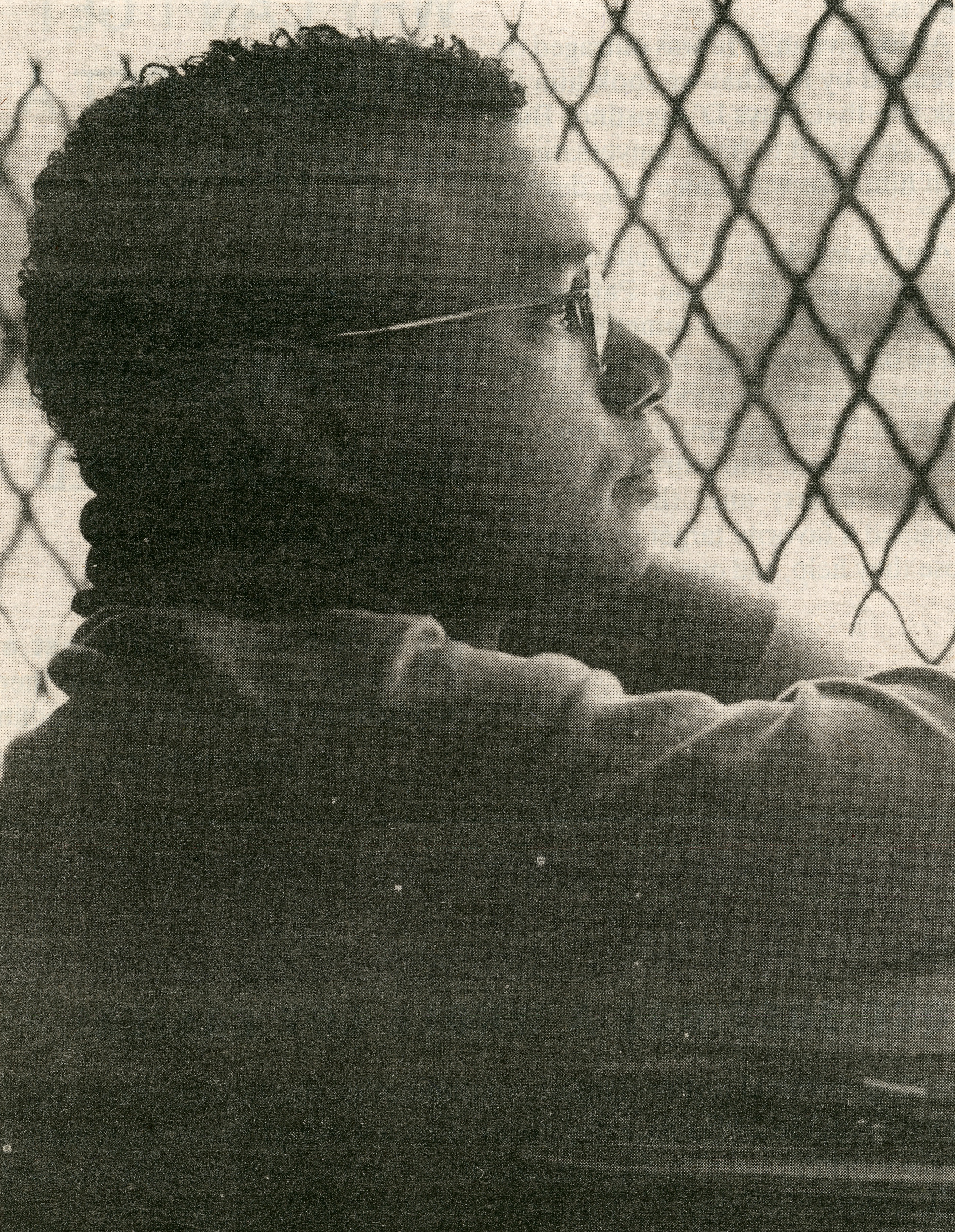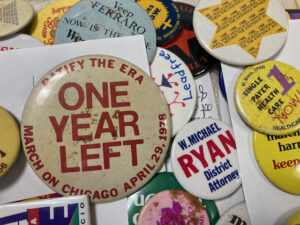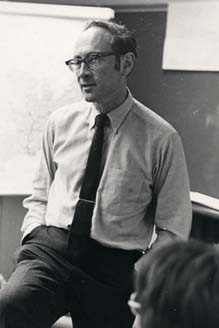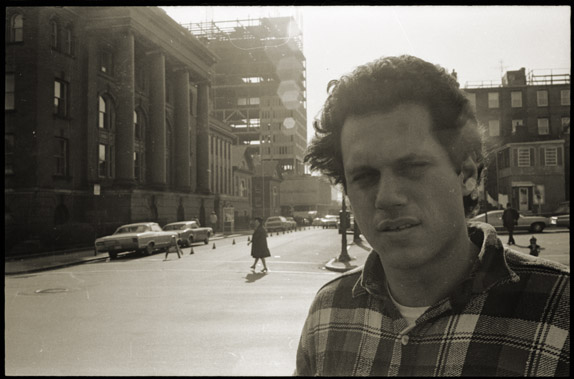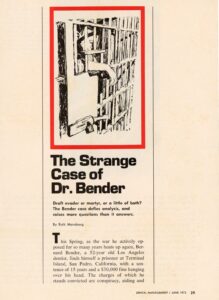Denise Karuth and Fred Pelka Papers
Temporarily stored offsite; contact SCUA to request materials from this collection.
Denise Karuth and Fred Pelka are activists and historians of the disability rights movement based in Massachusetts. Both are graduates of SUNY Buffalo, while Karuth holds a masters in rehabilitation counseling from Boston State College and a masters in divinity from the Episcopal Divinity School in Cambridge. Karuth came into activism through her church’s involvement in the civil rights movement and her own experience as a student dealing with blindness and multiple sclerosis at the State University of New York at Buffalo. After moving to Boston, her activism continued in efforts by the disability community to secure accessible and affordable mass transit in Massachusetts, and she has been involved with a broad spectrum of disability campaigns and organizations, serving as a peer counselor for people with disabilities, as Executive Director of Boston Self-Help Center, as a consultant on disability issues for the Human Genome Initiative, as a grant writer at the Stavros Center for Independent Living, and as Chair of the Governor’s Commission on Accessible Transportation under Gov. Michael Dukakis. She has also been an advocate for people who are homeless and was a principal founder of the First Church Shelter of the First Church in Cambridge. Karuth’s lifelong partner Fred Pelka, himself a person with disabilities, became involved in disability rights activism in 1983 while working at the Boston Center for Independent Living, and has made an impact as an editor and prolific author since. A 2004 Guggenheim Fellow, he has written three books on disability issues: The ABC-CLIO Companion to the Disability Rights Movement (1997), The Civil War Letters of Charles F. Johnson, Invalid Corps (2004), and What We Have Done: An Oral History of the Disability Rights Movement (2012). His fourth book, A Different Blaze, was published by Hedgerow Books in 2014, and is his first published poetry.
The Karuth and Pelka collection documents thirty years of social justice activism in Massachusetts centered on the movement for disability rights. Beginning in the1980s struggle for accessibility in transportation, the collection reflects the breadth of Karuth’s commitments and work on issues ranging from apartheid and US imperialism to homelessness and HIV/AIDS, and her work with organizations such as First Church in Cambridge, Amnesty International, Not Dead Yet, the Governor’s Council of Accessible Transportation, and the Boston Self Help Center. Pelka’s part of the collection contains extensive research and background material, notes, and drafts for each of his books, including lengthy transcripts of interviews with pioneers in disability rights.


